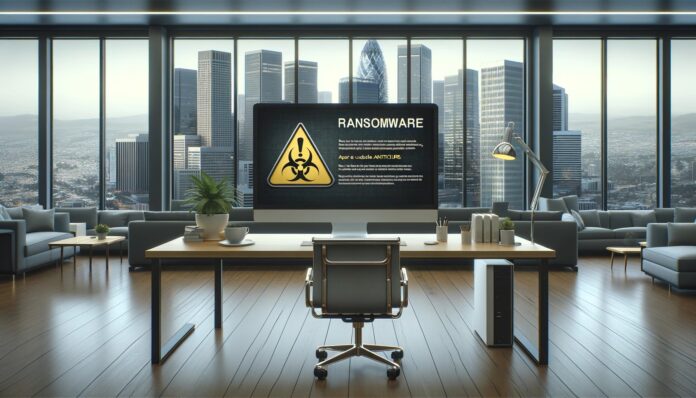

A little-known cybercriminal group, Hellcat ransomware, has recently gained attention after reportedly attacking Schneider Electric, a French-based energy management company. The group claims to have stolen approximately 60GB of data, threatening to release 40GB of it on the dark web unless a ransom of $125,000 is paid in a cryptocurrency called Baguettes.
In response, Schneider Electric issued an official statement apologizing to its customers and partners, assuring them that the situation is under investigation and that updates will be provided as new information becomes available.
Stolen Data: Truth or Bluff?
While the hackers insist that the stolen data contains sensitive information, including personal details about employees and partners, early investigations suggest that their claims may be exaggerated. Initial analysis indicates that the data in question is outdated and no longer useful to the company. However, the potential risk of phishing attacks and identity theft remains a concern, as the hackers might still have access to valuable contact information.
The Mysterious Baguette Cryptocurrency
The ransomware group is demanding payment in Baguettes, a relatively obscure French cryptocurrency. Each Baguette is valued at just $15, a fraction of the value of more widely used digital currencies like Bitcoin, which currently stands at over $72,000. Baguettes are difficult to trace and are not commonly used, making them an ideal medium for illicit transactions.
How Did the Attack Happen?
The exact method by which the Hellcat ransomware group gained access to Schneider Electric’s systems remains unclear. However, discussions on cybercrime forums suggest that the attack may have begun through a breach of Atlassian Jira, a popular project management tool used by many companies. This highlights the growing risks associated with software vulnerabilities in widely used enterprise tools.
Hellcat Ransomware: A Rising Threat
Not much is known about the Hellcat ransomware group itself, but it has been linked to attacks on high-profile organizations across several sectors, including government, education, energy, and water utilities. This group is also known for using double extortion tactics—where they not only demand payment to avoid leaking stolen data but also threaten to release additional files unless their ransom is paid. If the victim is a large multinational company, the group may also leak a sample of the stolen data as a demonstration of its capabilities.
As cyberattacks continue to grow in sophistication, businesses across the globe must remain vigilant and invest in robust cybersecurity measures to protect themselves from emerging threats like Hellcat ransomware.
















